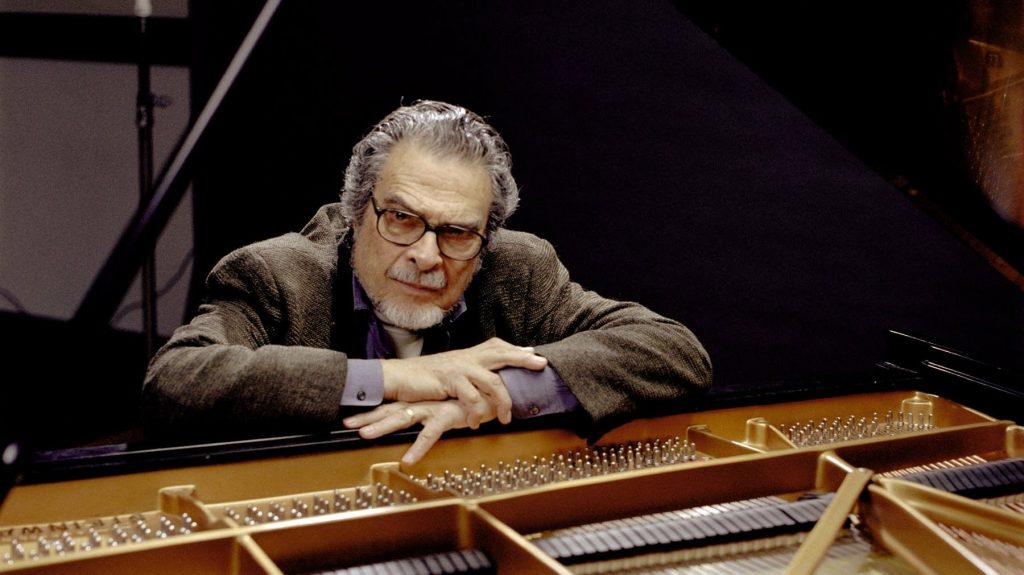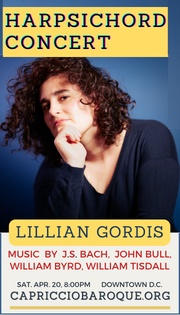Leon Fleisher (1928-2020)

Leon Fleisher, the celebrated pianist and conductor who taught for six decades at the Peabody Institute, died of cancer Sunday in a hospice in Baltimore. He was 92.
His career had an early and noteworthy start. Renowned pianist Artur Schnabel took the 9-year-old San Francisco native under his wing and remained his teacher for ten years. Fleisher’s debut at age 16 with the New York Philharmonic, under Pierre Monteux, launched a high-flying career. In 1952, he was the first American winner at the Queen Elisabeth Competition. He made celebrated recordings of piano concertos by Beethoven, Mozart, Rachmaninoff, and Brahms with the Cleveland Orchestra and George Szell, among others.
This meteoric rise was cut short in 1965, when Fleisher lost the use of his right hand from what was later identified as focal dystonia. For the next thirty years, Fleisher focused on the repertory for the left hand, of which he became a renowned performer, as well as chamber music, co-founding the Theater Chamber Players at the Kennedy Center in 1968. He taught hundreds of students at the Peabody Institute of the Johns Hopkins University, where he held the Andrew W. Mellon Chair.
Botox injections, special forms of massage, and other treatments later helped Fleisher recover some limited use of his right hand. Since the 1990s he returned to performing selective ten-digit repertory, while continuing to specialize in the left-hand repertory. As recently as 2019, he appeared as soloist with the Baltimore Symphony Orchestra and in a group recital marking his 90th birthday. He remained tireless in his work, reportedly teaching master classes up to the week before his death.
Fleisher also took up conducting, serving as music director of the Annapolis Symphony Orchestra from 1970 to 1982 and as associate conductor of the Baltimore Symphony Orchestra. Far from being a blip in his storied career as a performer, Fleisher’s work as a conductor was central to his legacy. Edward Goldstein, former principal tuba player of the Annapolis Symphony Orchestra, remembers that several musicians from the Baltimore Symphony Orchestra also played part time with the ASO in that period, just to have the chance to work with Fleisher.
“They knew how special it was to make music under Leon’s direction,” Goldstein recalled. “Every rehearsal and concert was a master class for us. What he couldn’t or didn’t do musically with his hand or baton, he did with a lift of an eyebrow. There was total musical communication on an extraordinary level. For me, it was an inspiring and totally amazing experience playing under him for many, many years.”
Goldstein reminisced especially about a performance of Tchaikovsky’s Sixth Symphony that Fleisher led with the ASO. “As Leon was on the podium, mentally preparing to start with his eyes closed, there was a low, very dramatic thunder rumble,” Goldstein said. “All I could think of, was that Schnabel and Tchaikovsky were speaking directly to Leon. After the rumble, he opened his eyes and gave us the downbeat. The performance was unworldly.”
John Welsh, who served as associate conductor at the ASO under Fleisher, fondly remembered his time with Fleisher discussing the music on each of the ensemble’s programs. “At that point I didn’t have a car, so I would ‘have to’ ride with him from Baltimore to Annapolis every week,” he wrote. “I can’t put into words what those trips meant to me both as a person and as a musician. There was nothing equal to the musical energy that emanated from him.”
At a memorable performance with the Baltimore Symphony Orchestra, in 2012, Fleisher gave a still-authoritative rendition of Ravel’s Piano Concerto for the Left Hand, for Paul Wittgenstein. He entered Meyerhoff Symphony Hall to loud cheers from the balcony, likely his students, and played the piece with poetic phrasing, perhaps not as technically sure-handed as in his younger days but musically more formidable.
The same year, Fleisher played a recital as part of the now-defunct William Kapell Festival at the University of Maryland. His two solo pieces were both for the left hand, a somber Toccata and Fugue by Jenő Takács and a refined take on Bach’s D Minor Chaconne, in the arrangement for left hand by Brahms. Even in his 80s, that left hand remained powerful, the forceful touch giving way as a ray of light burst forth in the parallel major section of the Chaconne.
Many honors came Fleisher’s way late in life, including the documentary film Two Hands, about his life and recovery from injury. He was named Commander in the Order of Arts and Letters by the Minister of Culture of the French government in 2006. In 2007 he received the Kennedy Center Honors (alongside comedian Steve Martin, singer Diana Ross, filmmaker Martin Scorsese, and songwriter Brian Wilson of the Beach Boys).
Anne Midgette, former music critic of the Washington Post, co-wrote Fleisher’s autobiography, My Nine Lives: A Memoir of Many Careers in Music, published in 2010. Sony released a complete box set of Fleisher’s recordings on that label in 2013. The musician has left us, but the music remains.







